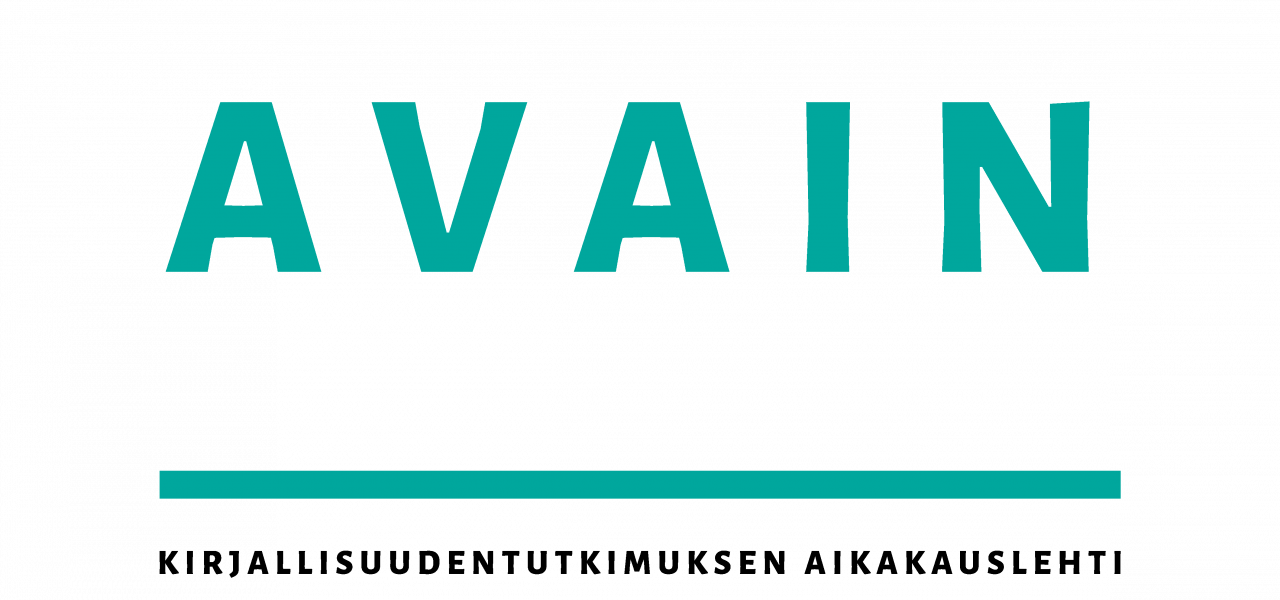Call for papers Avain 3/2021

Vi tar emot förslag på artiklar till Tidskriften Avain 3/2021. För närmare anvisningar, se https://journal.fi/avain/article/view/97614 (på finska).

Vi tar emot förslag på artiklar till Tidskriften Avain 3/2021. För närmare anvisningar, se https://journal.fi/avain/article/view/97614 (på finska).